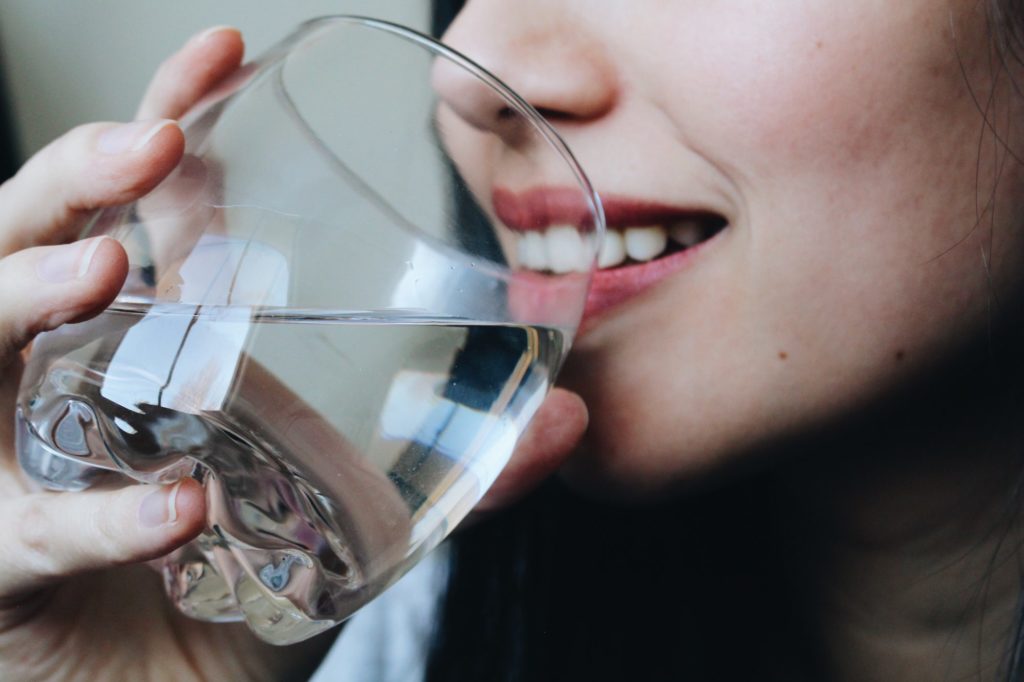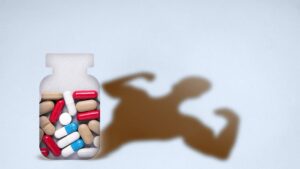Why is Dehydration Bad and What Can You Do About It?

One of the key tips that you’ll often find on lists of ways to boost your sense of wellness is to make sure you keep well hydrated, but it can be hard to find the motivation if you don’t know why it’s so important. Today we’re providing clarity, looking at the causes and effects of dehydration and how you can avoid slipping into such a state.
Dehydration Symptoms
The symptoms of dehydration can be surprisingly intense. From distracting thirst and headaches to difficulty concentrating and muscle cramps, to mood swings and nausea and even unconsciousness, dehydration can have a serious impact on your health. If you’re regularly dehydrated you’ll notice dry and damaged skin as well.
Anyone who’s experienced a hangover may recognise a lot of those symptoms – most of the effects that make up a hangover
If you’re trying to check if you are (or indeed someone else is) dehydrated, there are a few checks you can perform. Thirst is a good indicator – if you’re thirsty, you’re likely close to getting dehydrated. Your urine can also indicate if you’re getting more seriously dehydrated – the darker the colour the less hydrated you are. Finally there’s the pinch test. If you pinch the skin on the back of your hand it should spring back into place quickly. If the skin is slacker and takes longer to reform, then you’re dehydrated enough to affect your skin elasticity and you should start thinking about rehydrating.
More Than Water
Everyone knows that getting dehydrated means losing some of your body’s fluid supplies – whether it’s through sweating, vomiting and diarrhea, urination and even simply in your breath, you’re constantly losing water reserves. But that’s not all you’re losing.
In your body’s water supply there are some important chemicals – soluble salts called electrolytes. These salts are used by your body for lots of important functions, from regulating your mood, to transmitting nerve impulses to your muscles, maintaining the fluid balance in your cells and ensuring you have a regular heartbeat!
If you’re severely dehydrated, with an electrolyte deficit, then simply drinking water won’t help. In fact, it’ll dilute the low levels of electrolytes remaining in your body, and this can lead to a dangerous state called water intoxication that can cause death if untreated!
Rehydrating Safely
When you’re dehydrated you need to rehydrate safely and fully. Don’t just drink water after a workout, during a heatwave or if you’re feeling ill: use a rehydration product. Rehydration tablets, isotonic sports drinks and sachets are all formulated to replenish not just your fluid levels but your electrolytes too, helping you recover more quickly!









